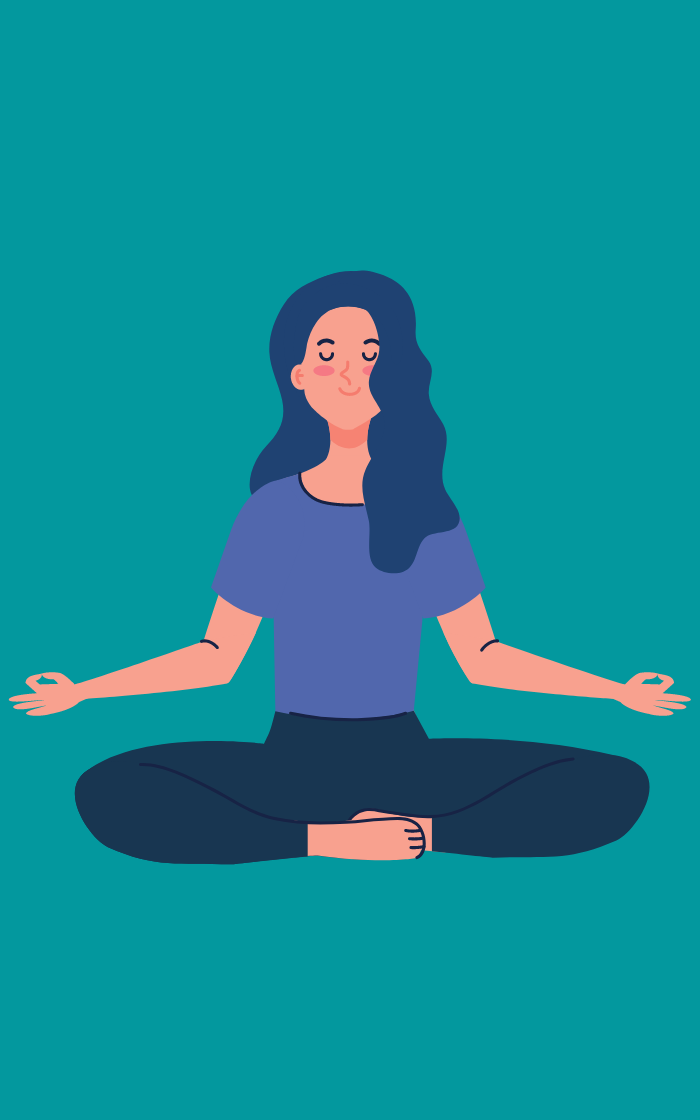10 things we know about the science of meditation

Parent Post
Mindfulness is a collection
Mindfulness is a collection of practices aimed at helping us to cultivate moment-to-moment awareness of ourselves and our environment.
Here’s what we know about the science behind mindfulness meditation
Consistent meditationLong-term, consistent meditation
Consistent meditation
Long-term, consistent meditation mindfulness changes our ability to handle stress in a better, more sustainable way.
- Practicing meditation reduces the inflammatory response in people exposed to psychological stressors.
- Mindfulness practices help us to be less reactive to stressors and to recover better from stress when we experience it.
Meditation that is right
Meditation that is right for you
The type of meditation you choose matters if you want to tackle a specific issue.
Studies have been made to compare four different types of meditation and they found that each type has its own unique benefits.
How much meditation is
How much meditation is enough? That also depends
Aside from the raw number of minutes, other factors may interact to influence the benefits of mindfulness practice.
- The type (formal sitting meditation practice versus informal meditation practices, mindfulness versus compassion).
- The frequency (multiple times a day versus multiple times a week).
- The quality (sitting and actually doing the practice versus doing the practice “on the go”).
Mindfulness and relationship qualityStudies
Mindfulness and relationship quality
Studies have found a positive link between mindfulness and relationship quality in romantic relationships and relationships with kids.
Mindfulness practice seems to activate the part of the brain involved in empathy and emotional regulation.
Meditation does seem to
Meditation does seem to improve mental health
Meditation is generally good for your well-being, yes, but so far it doesn’t appear to be actually better than many other steps you can take to stay healthy and happy.
It should definitely be considered an adjunct to, not a replacement for, other kinds of treatment for mental conditions like bipolar disorder.
Meditation sharpens your attentionMeditation
Meditation sharpens your attention
Meditation helps to counter our tendency to stop paying attention to new information in our environment.
Other studies have found that mindfulness meditation can reduce mind-wandering and improve attention.
Mindfulness reduces biasesBrief loving-kindness
Mindfulness reduces biases
- Brief loving-kindness meditation may reduce prejudice toward homeless people.
- A brief mindfulness training may decrease unconscious bias against black people and elderly people.
- Mindfulness may reduce the sunk-cost bias.
- Mindfulness may decrease the negativity bias.
Meditation impacts physical healthThere
Meditation impacts physical health
There is some good evidence that meditation affects physiological indices of health, but other factors like education or exercise could also have a role to play.
Meditation increases compassionMeditation also
Meditation increases compassion
Meditation also makes our compassion more effective.
- Practicing loving-kindness meditation for others increases our willingness to take action to relieve suffering.
- For long-term meditators, activity in the part of our brains that reflects on thoughts, feelings, and experiences quiets down, suggesting less rumination about ourselves and our place in the world.

